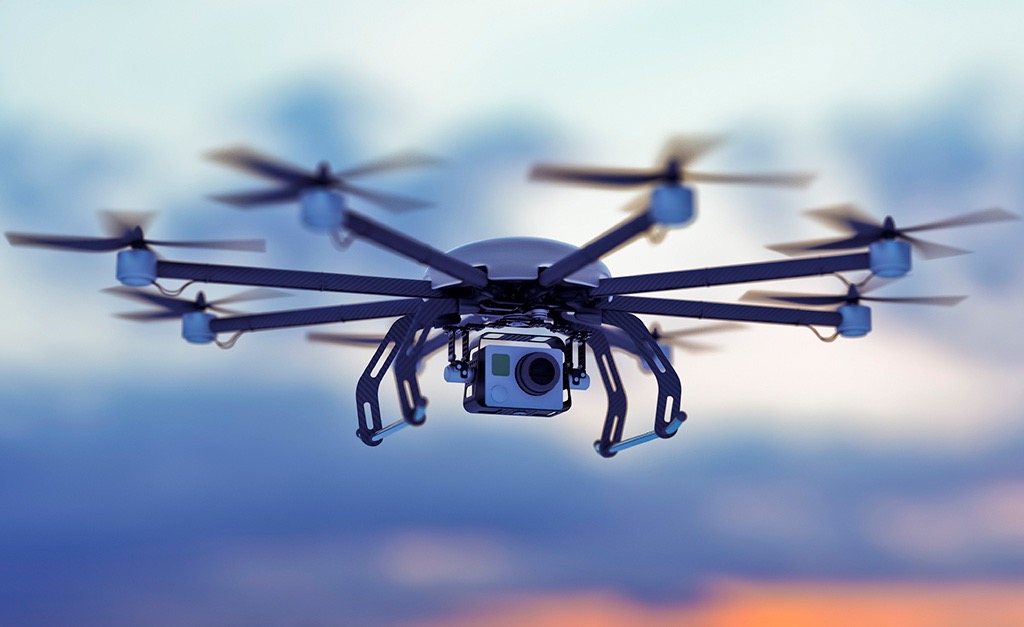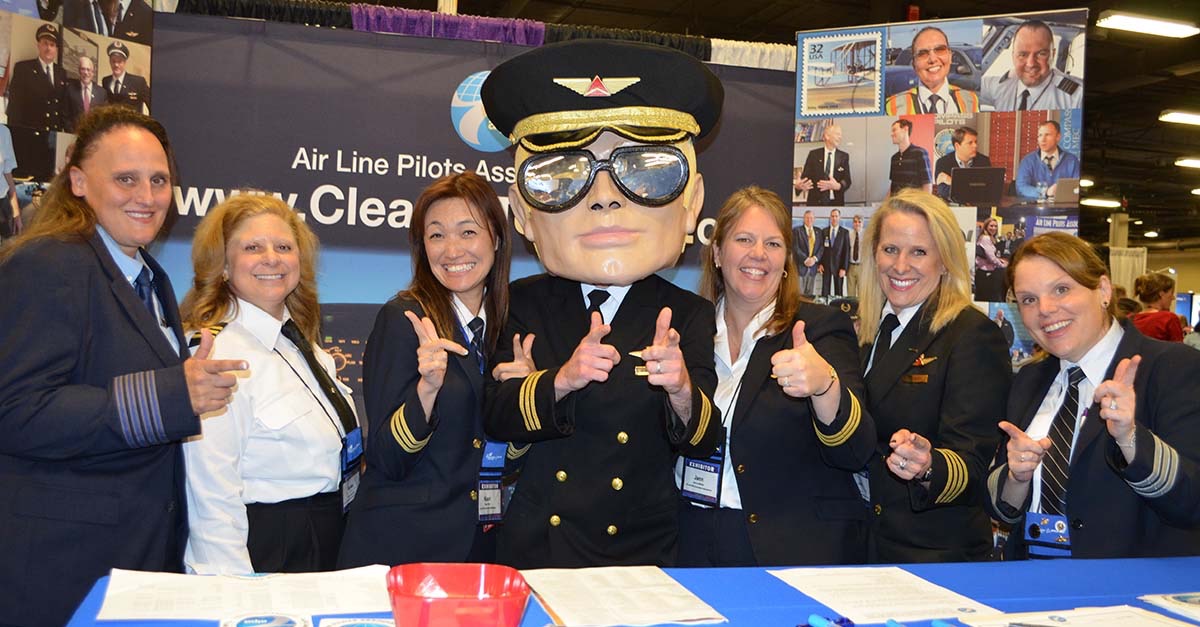Leadership From the Flight Deck
By ALPA Staff
Despite mounting evidence pointing to the hazards associated with the bulk shipment of lithium batteries, the United States still has work to do to ensure that they can be safely shipped on both passenger and all-cargo aircraft. Currently, the Senate is taking action on a Federal Aviation Administration (FAA) reauthorization bill, and ALPA has worked tirelessly to ensure that this important legislation contains strong provisions on the safe transport of lithium batteries.
The international community recently agreed to new standards to improve lithium battery safety, and the International Civil Aviation Organization’s updated standards went into effect last week on April 1, 2016. These include a temporary ban on the shipment of lithium-ion batteries on passenger airliners until adequate safety regulations are in place, a ban on shipping lithium batteries with more than a 30 percent charge, and a prohibition on shipments of batteries packaged together undeclared as hazardous goods, a loophole known as “Section II overpack,” which has long been misused to get around required regulations to transport dangerous goods. ALPA has been advocating that the United States pursue full harmonization with all of those standards.
Categories: Safety
By ALPA Staff
As the popularity of unmanned aircraft systems (UAS) increases, so does the number of sightings of these devices in the national airspace system (NAS) by airline pilots. Recently, the FAA issued updated numbers of UAS sighting reports, and the initial findings indicate that more and more UAS are being operated well beyond the restrictions and safe guidelines established by the Federal Aviation Administration (FAA).
According to the FAA, between August 2015 and January 31, 2016, there were over 580 reported UAS sightings from pilots, air traffic controllers, and citizens throughout the United States. With more than 406,000 devices registered since December, it’s more important than ever that those operating UAS understand and follow the rules.
Categories: Safety
Tags: Unmanned Air Systems
By Capt. Tim Canoll
Earlier this month, I testified before the U.S. Senate Committee on Small Business and Entrepreneurship on the need to fully regulate all uses of unmanned aircraft systems (UAS).
During this hearing, additional testimony provided by the Mercatus Center at George Mason University cited a recently published report alleging that the “small UAS under 2 kg pose a negligible risk to the safety of the national airspace.”
ALPA takes exception to these conclusions about the extremely low risk of collision. The report’s statistics were built by evaluating the historical number of wildlife strikes and damage caused throughout the past 25 years. Comparing a small machine, often comprised of metal parts, to a bird provides no reasonable correlation. Aircraft engines have been tested against birds and designed to withstand a certain level of ingestion. To date, no such tests have been conducted with UAS. Based on a lack of research and testing data, it is presumptuous to correlate UAS and bird strikes.
Categories: Advocacy, Pilot Partisan
When it comes to discussing solutions to ensure that North America has the most qualified, highly-trained, professional pilots for our industry’s continued success, ALPA is leading the charge.
While some in industry and media have worked to manufacture claims that a looming pilot shortage is a reason to roll back vital safety provisions and discontinue service on unprofitable routes, ALPA has been fighting back on those assertions and shining a light on the real issue – that a lack of career growth and extremely low first-year salaries at some airlines are causing many to rethink a career as an airline pilot.
Categories: Advocacy
Tags: Pilot Pay Shortage
By ALPA Staff
This week, thousands gathered in Nashville, Tenn., for the 27th annual International Women in Aviation Conference. The event, hosted by Women in Aviation, International (WAI) is dedicated to encouraging and assisting women who choose to build a career in the aviation industry.
From seminars on the current state of the industry to meeting with representatives from all corners of it, attendees were given valuable exposure to a wealth of education and networking opportunities.
Throughout the three-day conference, pilots from ALPA’s Education and Membership committees, supported by ALPA staff, worked together to serve as a resource to the thousands of curious attendees who sought information about various aviation career paths for women.
Students from ALPA’s Aviation Collegiate Education Club, including the chapters at Embry-Riddle, SIU, Prescott, and Lewis, also participated this year, sharing the aviation student perspective on ALPA’s resources in Aviation Accreditation Board, International schools.
Categories: Events
Tags: ALP-Features






